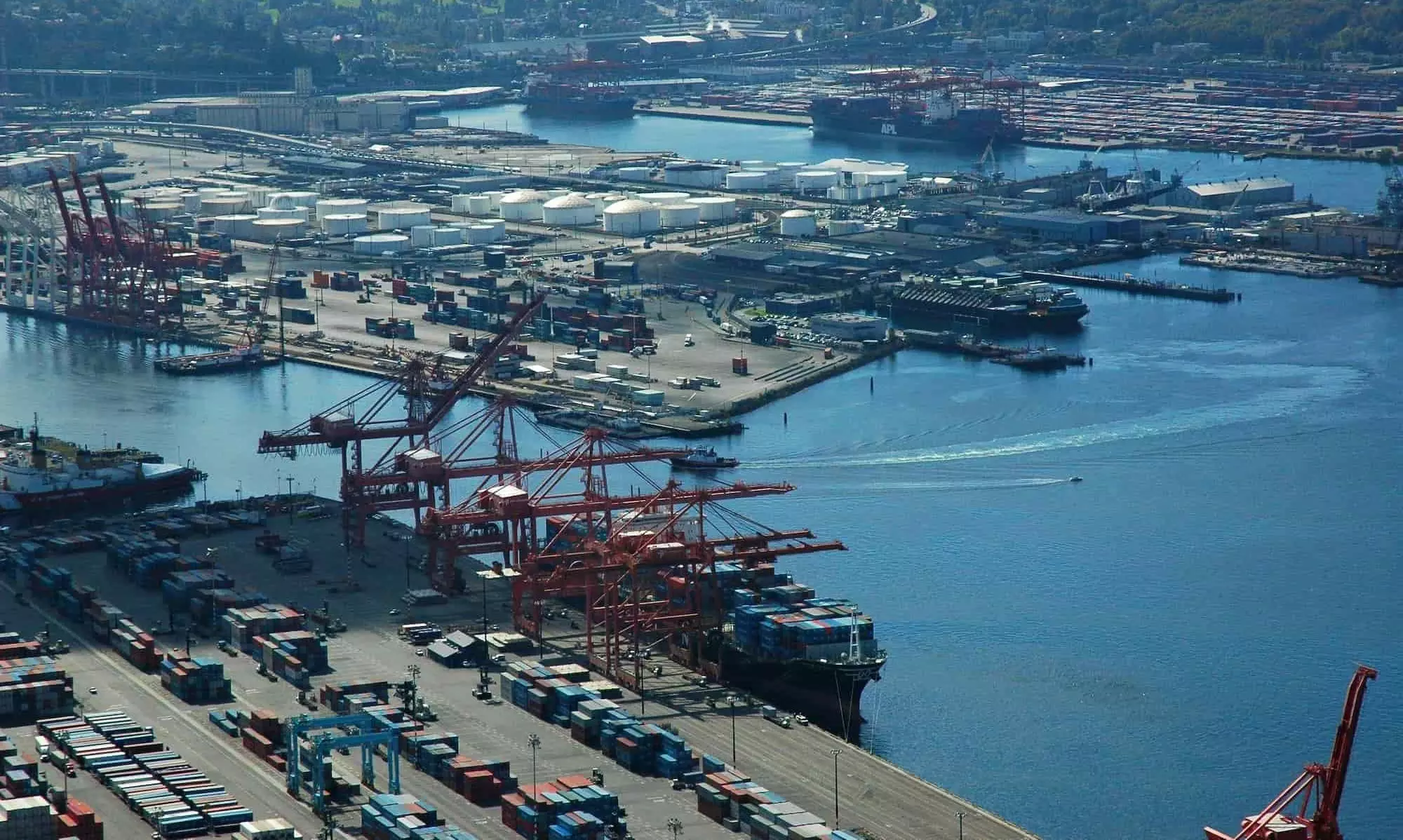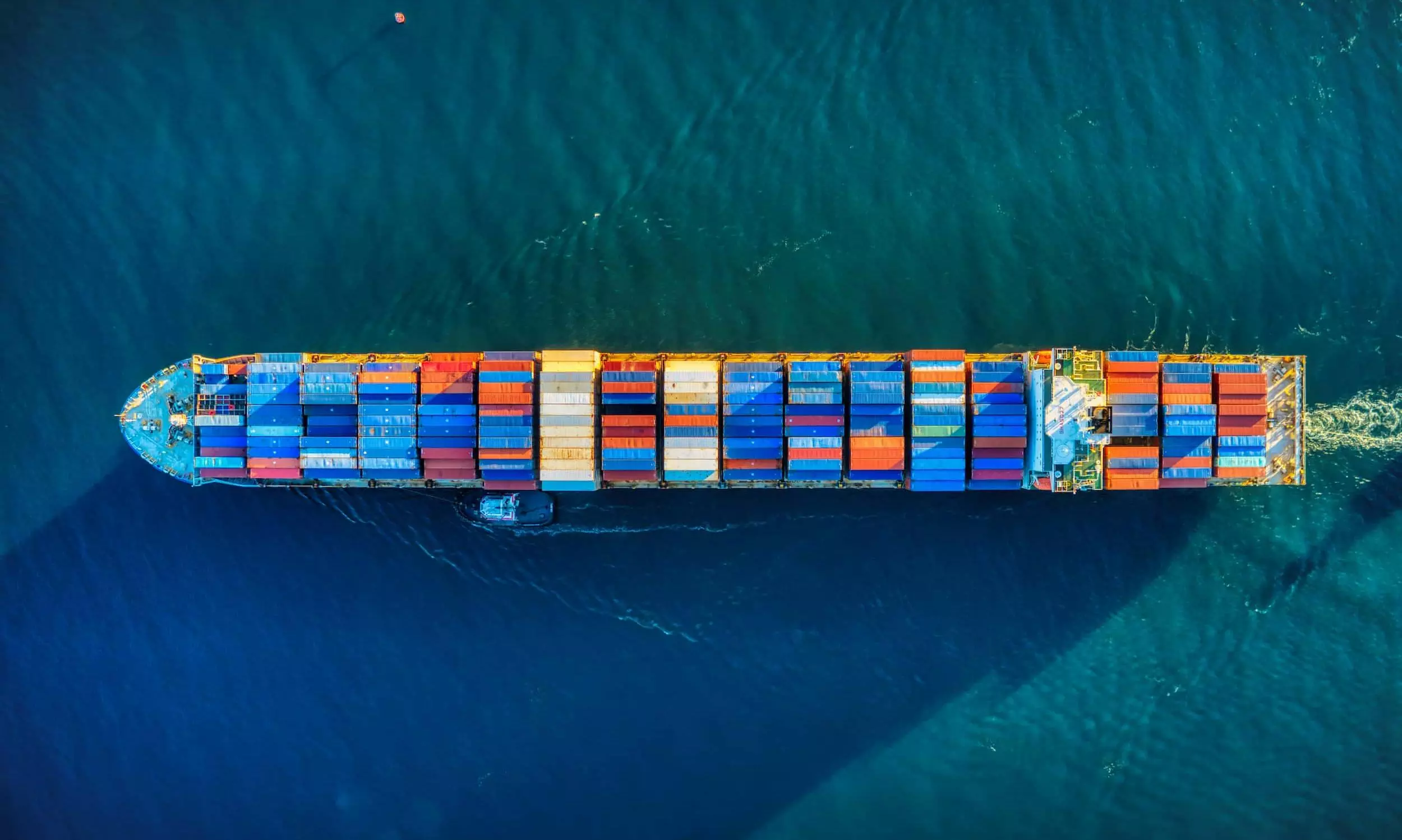US East Coast port workers get ready for tough talks on automation
With a wage hike of 61.5% over 6 years, ILA want to keep out automation from all key jobs. Will the gambit work?

International Longshoremen's Association (ILA), after winning a 61.5 percent wage increase for over 45,000 U.S. East Coast port workers, is gearing up for "tough negotiations" with the United States Maritime Association (USMX) representing carriers, port operators and port associations.
"The ILA successfully negotiated a historic 61.5 percent wage increase spread over six years. This achievement is unprecedented and serves as a testament to the union’s commitment to securing fair compensation for its members. However, it is critical to understand why we cannot take that raise immediately. This decision is a crucial part of the overall strategy that will allow us to negotiate and secure other important matters in the contract," says an official statement issued on October 5, 2024.
The statement went on to say: "If we were to accept the wage increase now, we would have to sign a no-strike clause. This would give the employers the leverage to block us from addressing other crucial issues that impact every member’s job security and future. By extending the contract until January 15, we keep our ability to negotiate and fight for the other important matters that go beyond economics."
ILA goes on to add that the fight against automation is not just about job preservation; it is about ensuring that ILA members continue to play an essential role in port operations. "By extending negotiations, we aim to establish strong protections against the introduction of remote-controlled or fully automated machinery that threatens our work jurisdiction."
Who loses? Who gains?
It is pertinent to note that none of the North American ports are in the top 50 based on the Container Port Performance Index 2023 developed by the World Bank.
New York & New Jersey, for example, has an overall ranking of 99, Savannah (398), Port of Los Angeles (378) and Port of Long Beach (376).
"The top-ranked container ports in the CPPI 2023 are Yangshan Port (China) in first place, followed by the Port of Salalah (Oman) in second place, retaining their ranking from the CPPI 2022. Third place in the CPPI 2023 is occupied by the port of Cartagena, up from 5th place in the CPPI 2022, whilst Tangier Mediterranean retains its 4th ranking. Tanjung Pelepas improved one position to 5th, Ningbo moved up from 12th in 2022 to 7th in 2023, and Port Said moved from 16th to 10th in 2023."
Lars Jensen, CEO, Partner, Vespucci Maritime says: "The fight against automation is a key element here, and it is explicitly mentioned that they want protections against remote controlled equipment as well as fully automated equipment.
"But it would be worthwhile to keep the deeper struggle in mind here. On the surface this is – of course – a struggle between ILA and USMX related to work conditions in the U.S. container ports. But the deeper struggle relates to the U.S. competitiveness in a global economy. According to the annual benchmarking of port productivity, it is a fact that U.S. ports are not amongst the most efficient in the world. Automation is one of the elements which plays a role.
"Access to well-functioning port infrastructure is an important element in a nation's competitiveness in a global economy. Both in terms of providing the nation’s exporters with the ability to sell their products in global markets as well as providing the citizens and manufacturers access to the goods sourced globally on a competitive basis.
"A fight against automation where the aim, explicitly, is to preserve jobs will act as a brake on developing the competitiveness of U.S. ports versus ports elsewhere. As stated in a facebook post by the ILA during the strike:” the ILA is steadfastly against any form of automation — full or semi — that replaces jobs or historical work functions."
A view shared by Bloomberg columnist Thomas Black when he writes: "Port workers don’t unload cargo by hand. Ditches are no longer dug with picks and shovels. Fields aren’t ploughed with teams of oxen. It’s safe to say that blocking technology is squarely on the wrong side of history.”
What next?
The association is also fighting to protect its work jurisdiction ("ILA members continue to handle key tasks at port facilities such as manning cranes and servicing equipment, and preventing employers from outsourcing these jobs to non-union workers or automated systems") and healthcare ("protecting healthcare benefits for members and retirees, along with securing container royalty payments designed to supplement wages, is also on the line.")
ILA has assured members that once the new contract is ratified, "every member will receive a retroactive payment dating back to October 1. This means that you are not losing any money by waiting; the pay will be fully accounted for when the agreement is finalised."
First published on logupdateafrica





